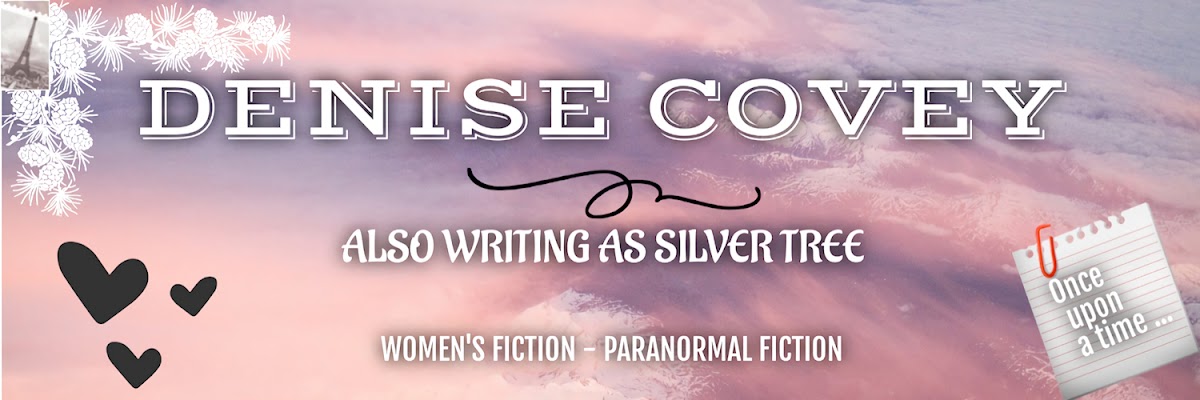 |
| Are you going to be noticed? |
I subscribe to a Travel Writer's website as along with writing novels and flash fiction, I write travel articles about the places I've been (and as my followers know, I've been to plenty...).
I learned about the 'pitch' when I studied Journalism years ago, and yes, in freelance journalism it's all about 'pitching the story' to editors, much like your story pitch for that wonderful novel you've written. I was recently sent this little article on the 'query' for travel articles and it works fine for querying that agent or editor for your novel...
I've recently submitted a manuscript to a publisher. I'm quite confident my ms is a good one, but I wonder whether the query letter I sent along with the ms will be good enough to catch the editor's eye. Oh, those queries...do we sink and swim by them?
Over to The Right Way to Travel...
"This week, we’re talking about techniques to help you sell your travel articles faster and easier.
And, today, I’d like to focus on the query letter – the letter you send to editors pitching your story to their publication.
Many writers treat their query letter as an after-thought, once the “hard work” of writing their story is over. But this is a huge mistake. Your query, you see, is the advertisement for your story.And, however good your article might be, if it’s not accompanied by a compelling query, it’s unlikely to ever meet an editor’s eye.
To make matters harder, Denver Post Travel Editor Kyle Wagner says you have just 10 seconds (or less) to win over an editor with your pitch.
So, how do you get your editor at “Hello?”
Here are three suggestions from Kyle:
** 1. It’s all about the subject line and/or the first sentence.
A truthful editor will admit that they devote about 10 seconds to every query. That means you have the subject line and maybe one or two sentences into your query to get some attention. If you can’t woo the editor then, your romance is over before it’s begun.
** 2. Use your writing skills.
I’m amazed at how many writers think it’s OK to put 100% effort into their stories but only 40% into the query. Make sure the editor will want to read the story by dazzling them just as much by your query prose. Spelling counts. Use the same active verbs and strong adjectives as you do in your story.
** 3. Just because it’s e-mail doesn’t mean I'm your drinking buddy.
Don’t use the editor’s first name, don’t start off with your credentials or the famous people you know, and don’t act in a familiar, informal way as if you and the editor were at a bar together last night. Address it like a professional letter.
Be sure to keep these tips in mind next time you’re composing your query."
The Right Way to Travel - 2012 American Writers & Artists Inc
- Do you agree with this 'query' advice?
- Do you have any 'query' tips to share?















